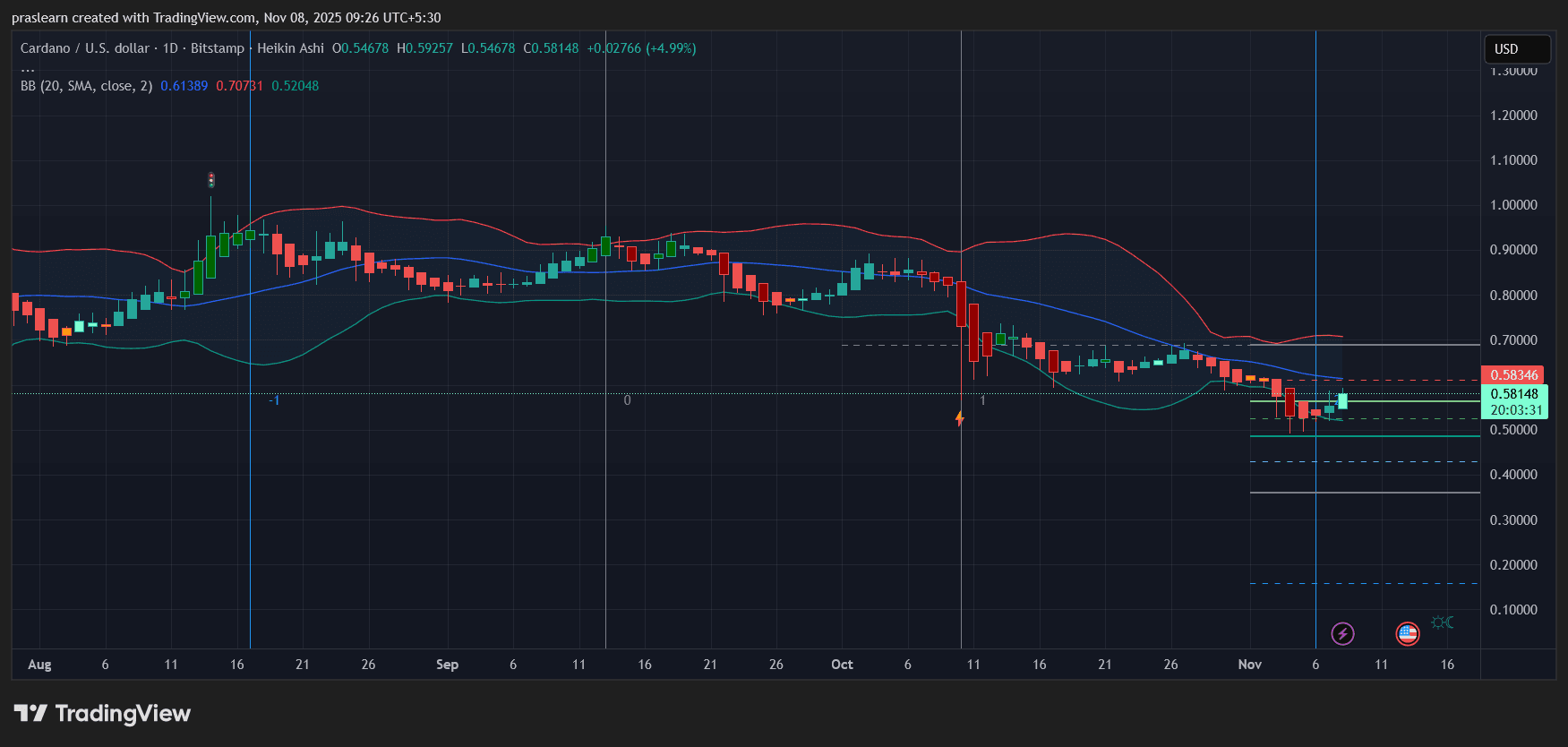U.S. Pursues Five-Year Prison Terms in Cryptocurrency Privacy Lawsuit, Challenging Developer Responsibility
- U.S. prosecutors seek 5-year sentences for Samourai Wallet co-founders over $237M crypto laundering via privacy tools. - Case highlights DOJ's strategy to hold crypto platform operators liable for criminal user activity, mirroring Tornado Cash legal battle. - Defense argues for reduced sentences citing cooperation, while prosecutors emphasize deterrence against privacy-focused financial innovation. - Outcome could set precedent for developer liability in DeFi, balancing privacy rights with regulatory com
U.S. authorities are seeking five-year prison terms for Keonne Rodriguez and William Lonergan Hill, the co-founders of Samourai Wallet—a cryptocurrency privacy platform accused of laundering more than $237 million in illegal proceeds from 2015 to 2024. Both men admitted guilt in July to running an unlicensed money transmitting business and are scheduled for sentencing on November 6 and 7, 2025, as reported in a
The charges claim that Samourai Wallet, which promoted itself as a privacy-centric

Defense lawyers, on the other hand, have called the prosecution’s sentencing request “excessively severe.” Rodriguez’s legal team asked for a sentence of one year and one day, while Hill’s attorneys requested credit for time already served, emphasizing that both men cooperated with investigators and accepted responsibility, according to
This case has been likened to the ongoing proceedings against Tornado Cash, a decentralized crypto mixer whose co-founder, Roman Storm, was found guilty in August of operating an unlicensed money transmitting business. Storm was acquitted of related money laundering and sanctions violations, a decision that drew criticism from privacy advocates who argue that developers should not be blamed for how users utilize their creations. The Samourai and Tornado Cash cases together illustrate the Justice Department’s approach of holding platform operators responsible for crimes committed through their services, even if users act independently.
Legal analysts caution that the results of these cases could shape how U.S. regulators interpret liability within decentralized finance (DeFi). Government filings indicate a belief that developers can be held accountable for criminal use of their platforms if they maintain operational control or influence through marketing—a stance that could discourage innovation in privacy-focused crypto projects. Samourai, which ceased operations after its founders’ arrests in April 2024, had advertised its coin-mixing as a method to “conceal transaction trails,” a claim now cited by prosecutors as proof of deliberate concealment.
The upcoming sentencing hearings in November will determine whether the court upholds the prosecution’s full recommendation or opts for the Probation Office’s lesser sentence. If the court sides with the government, it could signal stricter regulation for crypto privacy tools; a lighter sentence might encourage continued development in the field. As the digital asset industry navigates the balance between privacy and regulatory demands, these cases highlight the increasing friction between technological progress and government oversight.
Disclaimer: The content of this article solely reflects the author's opinion and does not represent the platform in any capacity. This article is not intended to serve as a reference for making investment decisions.
You may also like
Cardano (ADA) Price Prediction: Can ADA Hold Its Recovery Amid Fed Uncertainty?

Hyperliquid's Rapid Rise: Emerging as a Major Player in Decentralized Trading?
- Hyperliquid captures 73% of decentralized perpetual trading volume with $12.9B daily trading and $9.76B open positions in October 2025. - Platform executes $645M HYPE token buybacks (46% of crypto buybacks) while 62.26% of Arbitrum's USDC liquidity flows to Hyperliquid. - Institutional adoption grows with 21Shares proposing SEC-approved HYPE ETF, while HIP-3 protocol enables permissionless market creation via HYPE staking. - Faces competition from new rivals (Aster, Lighter) and leadership risks, but exp

Bitcoin News Today: Is Bitcoin’s Recent Sell-Off Driven by Corporate Debt Reduction or Market Manipulation?
- Bitcoin fell below $100,000 on Nov. 4, 2025, with $1.3B in liquidations as whales and firms like Sequans sold BTC to reduce debt. - Analysts argue sellers may amplify bearish narratives via social media to profit from lower prices, while corporate treasury strategies face risks amid falling prices. - On-chain data shows moderate unrealized losses (3.1% stress level), suggesting potential stabilization, though some warn a $56,000 cascade could follow a $100,000 break. - Diverging strategies emerge: Americ

"Study Reveals 25% of Polymarket's Trading Volume is Artificial Due to Ghost Trades"
- Columbia University study reveals 25% of Polymarket's trading volume may involve wash trading, where users self-trade to inflate activity. - Sports and election markets showed highest manipulation rates (45% and 17% fake volume), peaking at 95% in election markets in March 2025. - Platform's lack of transaction fees and pseudonymous wallets enabled manipulation, despite CFTC regulatory actions since 2022. - Researchers urge Polymarket to adopt their detection methods to exclude fraudulent wallets and res
